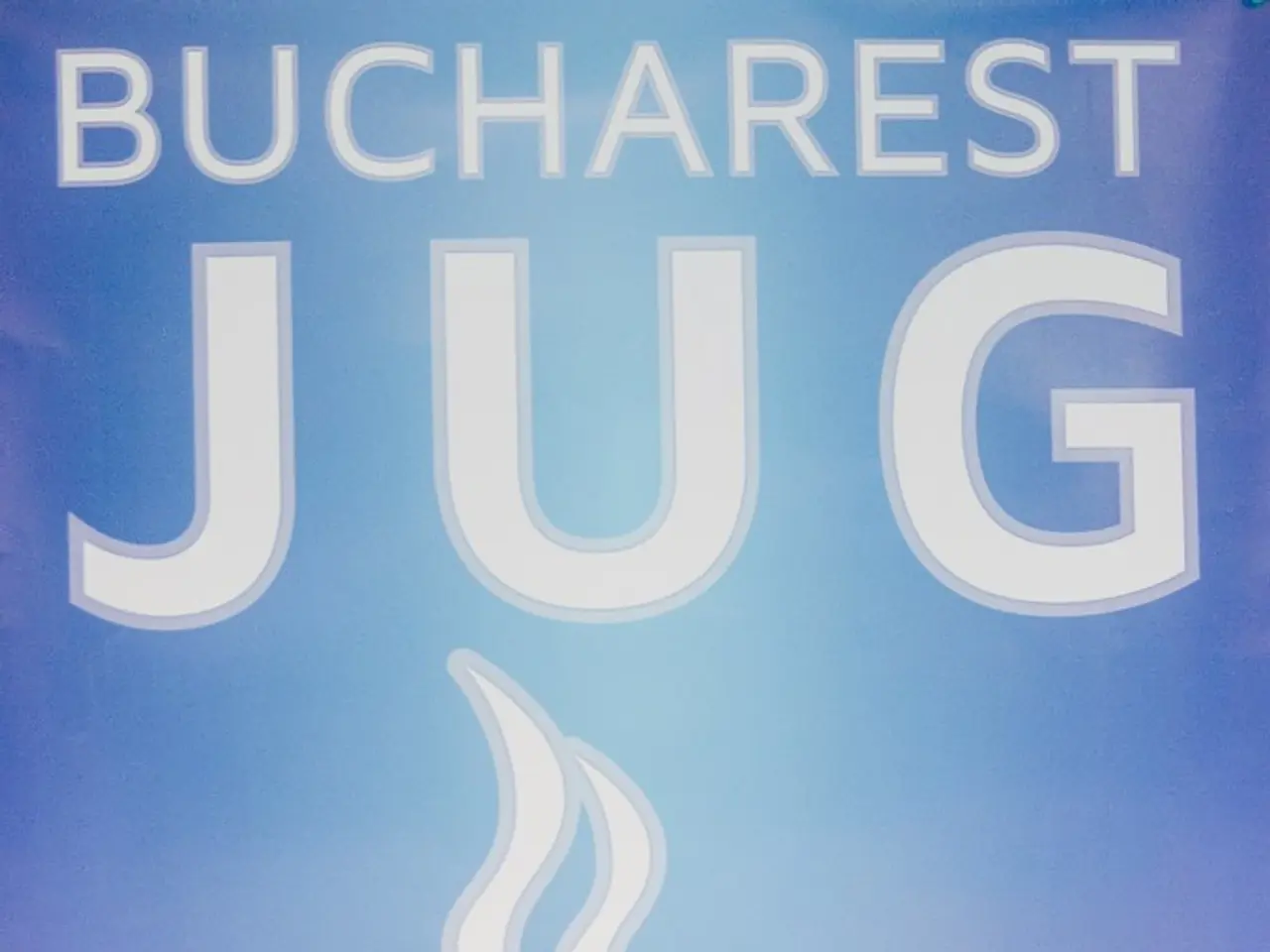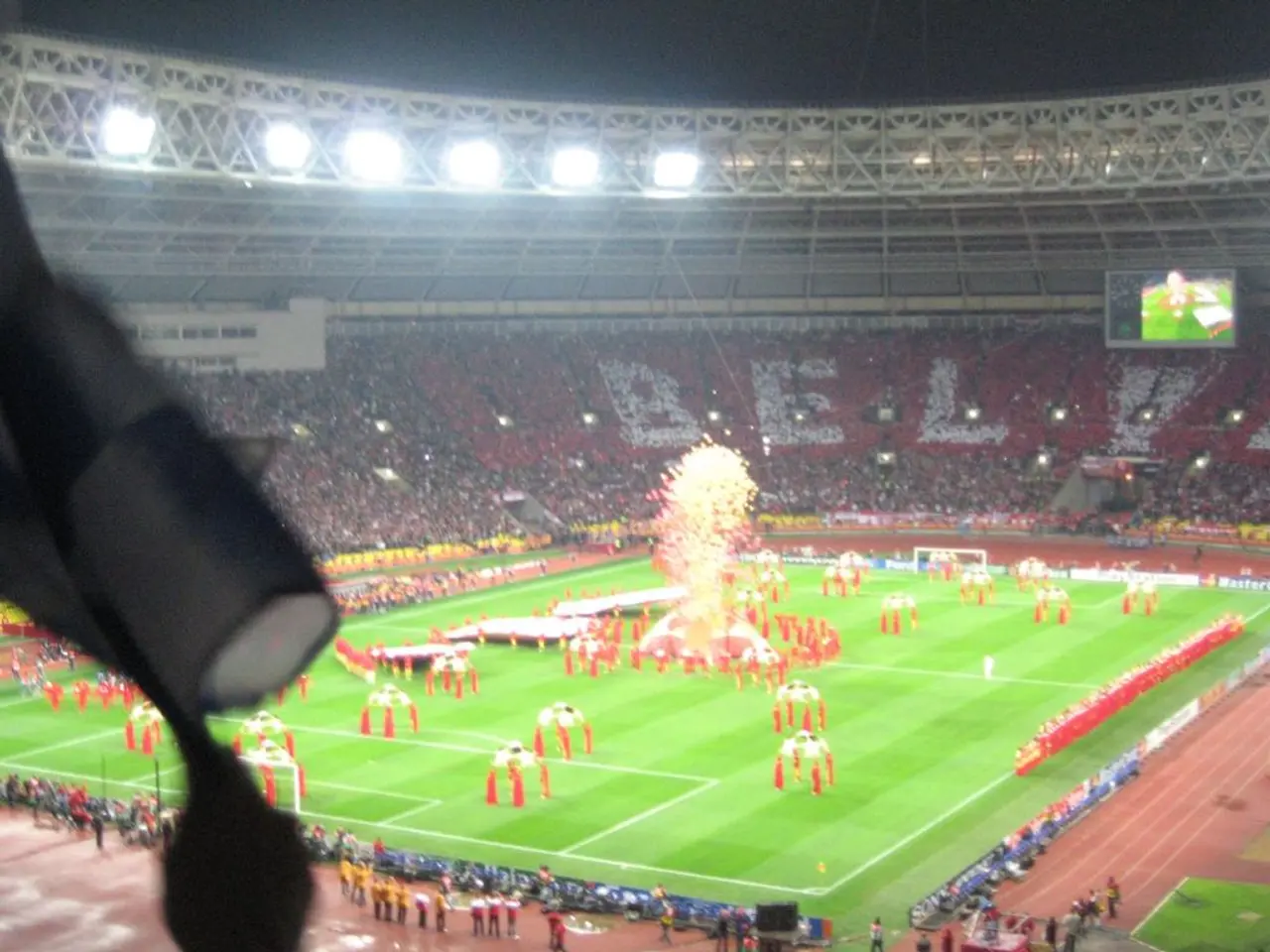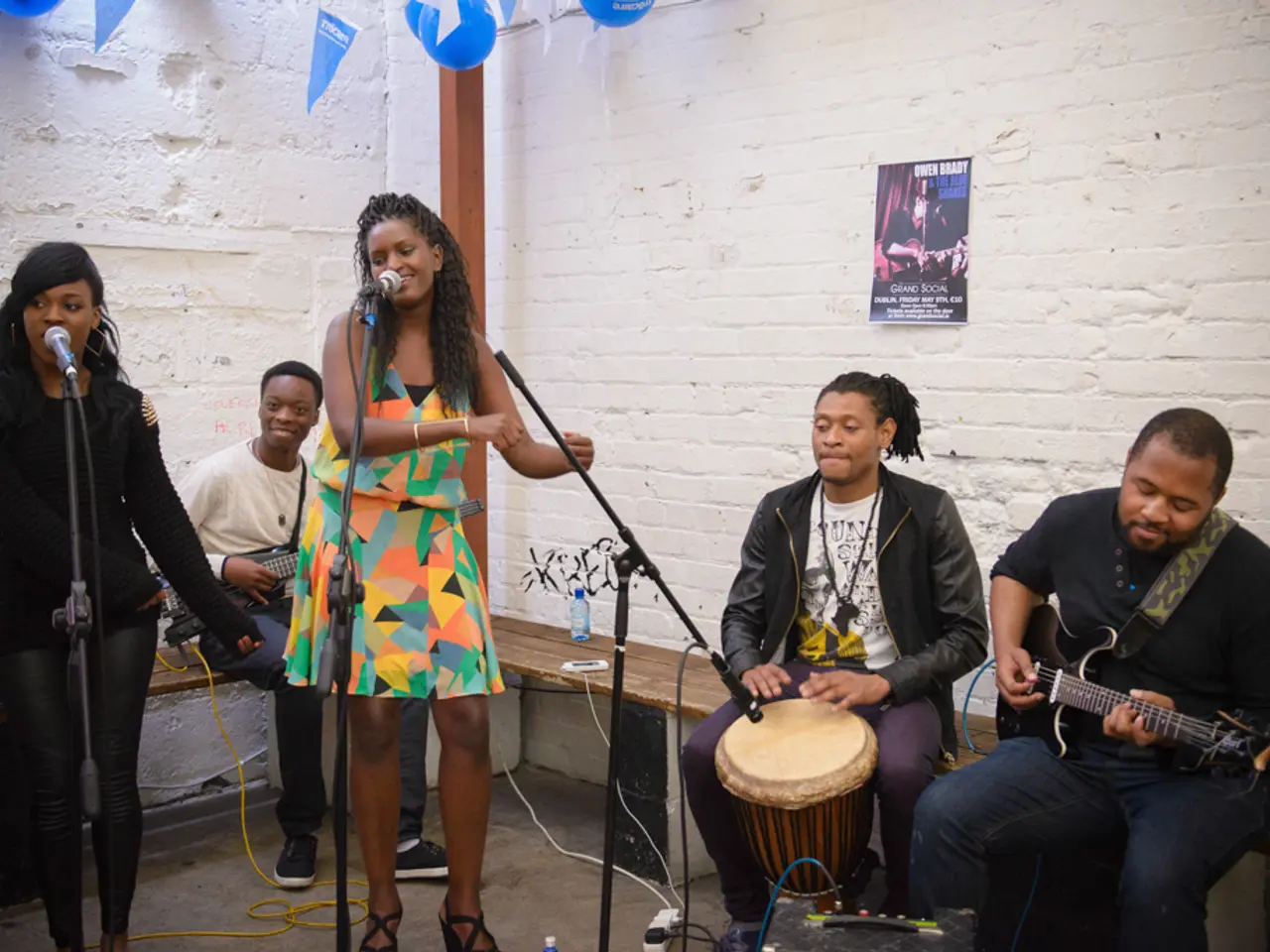Four Countries Labeled as High-Risk: EU Tightens Import Standards for Deforestation-Prone Nations
EU Commission Introduces Tougher Import Regulations for Specific Nations
Get your chat on with these social media handles – Facebook, Twitter, Whatsapp, E-Mail, or simply Print this out! Some nations breathe a sigh of relief as temporary leniency is given under the EU's anti-deforestation law. As per recent updates from Brussels, only four countries – Russia, Belarus, North Korea, and Myanmar – are set to be classified as "high-risk" for deforestation. These countries will face stringent import regulations.
The EU's rule pertains to deforestation-free supply chains and generally forbids the sale of certain goods that have been produced in deforested areas since 2020. Products affected include coffee, palm oil, soybeans, cocoa, rubber, and beef. Companies are responsible for ensuring compliance with these regulations using satellite-based location data. The risk of deforestation in a country plays a significant role in the stringency of the required data and controls. The law establishes three categories: low, standard, or high-risk.
According to reports, all EU countries, along with the US and China, are anticipated to fall into the low-risk category. Countries subject to trade sanctions, such as Russia, Belarus, North Korea, and Myanmar, would instead fall into the high-risk category. The regulation stirred controversy over the past year due to the delayed risk classification, IT system complexities, and other documentation issues. Under pressure from trading partners like Brazil and EU member states, the sale ban deadline was extended from the end of 2024 to December 30, 2025.
EU countries voted in favor of classifying the countries in a clandestine vote on Monday, as reported by various diplomats. The official publication of the list is expected in mid-June.
While these are the nations facing stricter regulations, what does it mean for the companies importing products from them? Importers dealing with high-risk countries will have to conduct thorough due diligence, ensuring the import of products not linked to deforestation or forest degradation. Certification or verification of products may also be necessary, along with increased inspections and monitoring. Failure to comply could potentially result in restrictions or bans on entering the EU market, acting as a deterrent for unsustainable practices.
So, brace yourself, as the EU aims to curb deforestation and encourage sustainable supply chains while keeping the global forest canopy intact [1][2][3]!
[1] https://www.reuters.com/business/environment/eu-deforestation-law-to-penalize-importers-forest-destroyers-2021-06-22/[2] https://www.farmlandgrab.org/post/index.php/2021/03/16/eu-deforestation-due-diligence-regulation-leaves-out-industrial-plantations/[3] https://www.tve.org/resources/eu-due-diligence-law-explainer/
- The EU's new policy on community policy requires importers dealing with high-risk countries, such as Russia, Belarus, North Korea, and Myanmar, to conduct comprehensive vocational training in due diligence to ensure their products are not linked to deforestation or forest degradation.
- Despite the EU's strong stance on climate-change and environmental-science, the new policy on policy-and-legislation stirred controversy over the past year due to the delayed risk classification, IT system complexities, and other documentation issues.
- The EU's stricter regulations on deforestation-free supply chains also encompass general-news topics like politics and science, as the EU aims to reduce deforestation, encourage sustainable practices, and maintain the global forest canopy.








